Optimal Timing for Water Treatments
Water treatments are essential for maintaining water quality and ensuring safety across various applications. The timing of treatment depends on factors such as water source, usage patterns, and seasonal changes. Regular assessments can help determine optimal periods for effective treatment, preventing issues like contamination, scaling, or corrosion.
Spring and fall are common times for comprehensive water treatment, aligning with seasonal water quality fluctuations and usage changes.
Treatments before peak usage periods, such as summer, help ensure water quality during high demand.
After repairs or system maintenance, water treatments help restore optimal conditions.
Periodic treatments based on water testing schedules maintain consistent water quality over time.
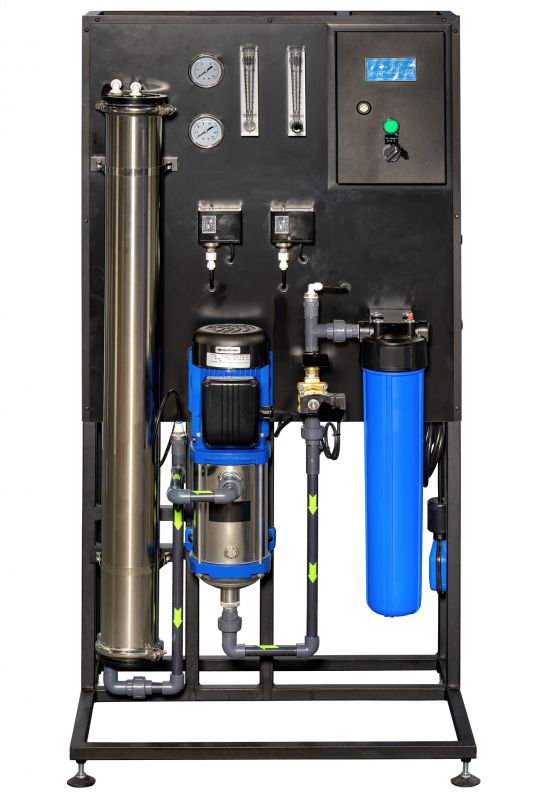
Industrial water treatment systems installed in various facilities.
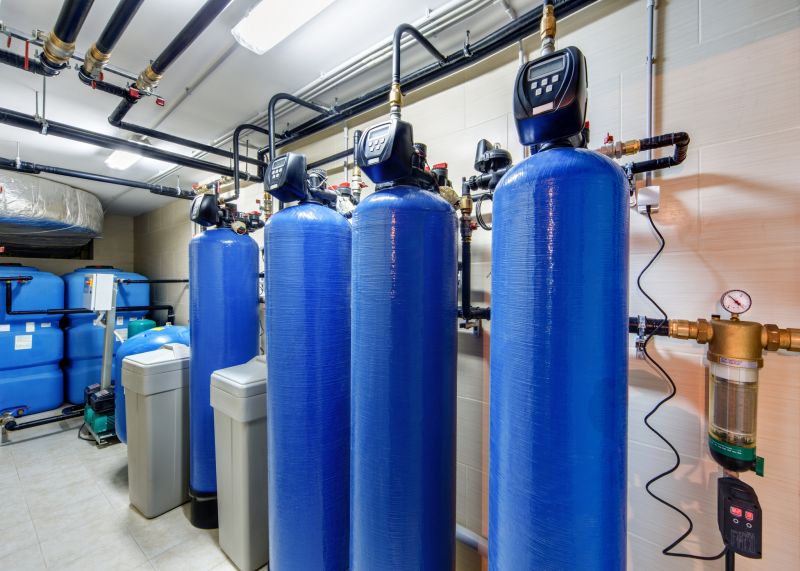
Application of chemicals to control scale, corrosion, and microbial growth.
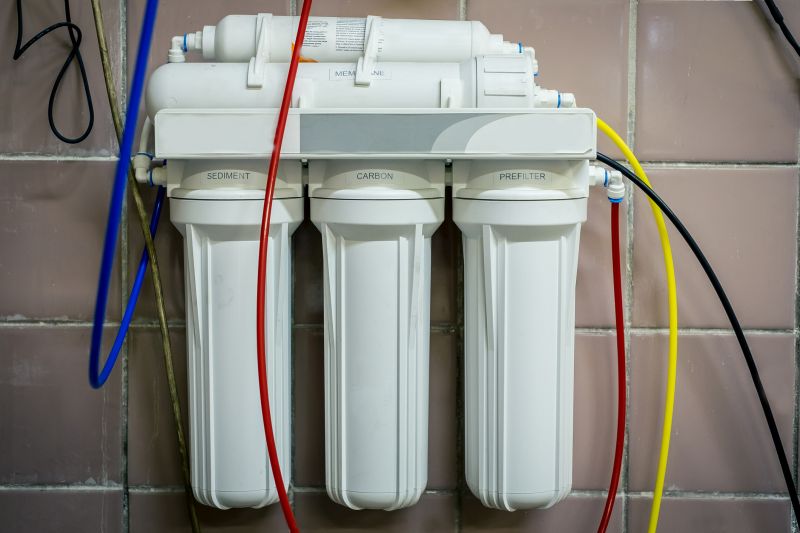
Multi-stage filtration units removing particulates and contaminants.

Ways to make Water Treatments work in tight or awkward layouts.

Popular materials for Water Treatments and why they hold up over time.

Simple add-ons that improve Water Treatments without blowing the budget.
| Timing Aspect | Details |
|---|---|
| Seasonal Changes | Adjust treatments based on seasonal water quality variations. |
| Water Source Testing | Conduct testing before treatment to identify specific needs. |
| Usage Patterns | Schedule treatments before periods of increased water demand. |
| System Maintenance | Treat after repairs to ensure system integrity. |
| Environmental Events | Post-storm or drought treatments to address contamination. |
Water treatments encompass various methods designed to improve water quality, remove harmful contaminants, and extend the lifespan of plumbing and equipment. Proper timing ensures treatments are effective, reducing health risks and operational costs. Advanced water treatment techniques include chemical dosing, filtration, disinfection, and ion exchange, each suited to specific water quality challenges.
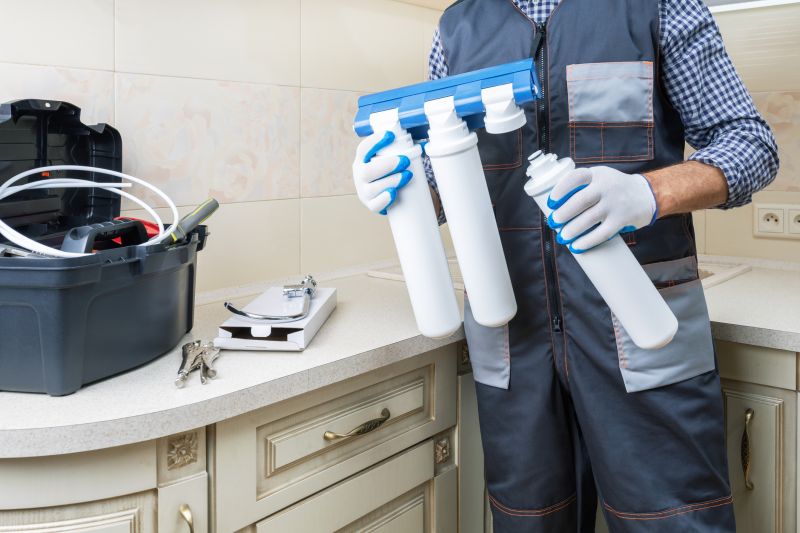
Automated systems for precise chemical application.
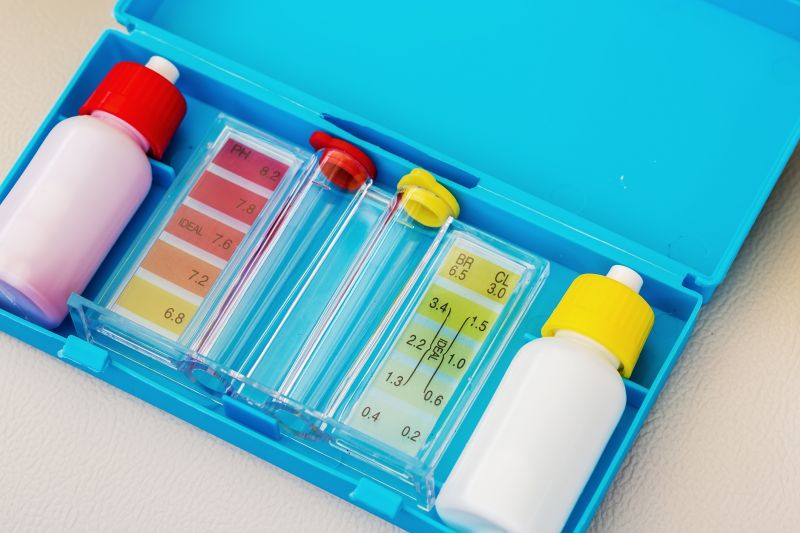
Tools used for analyzing water quality before treatment.
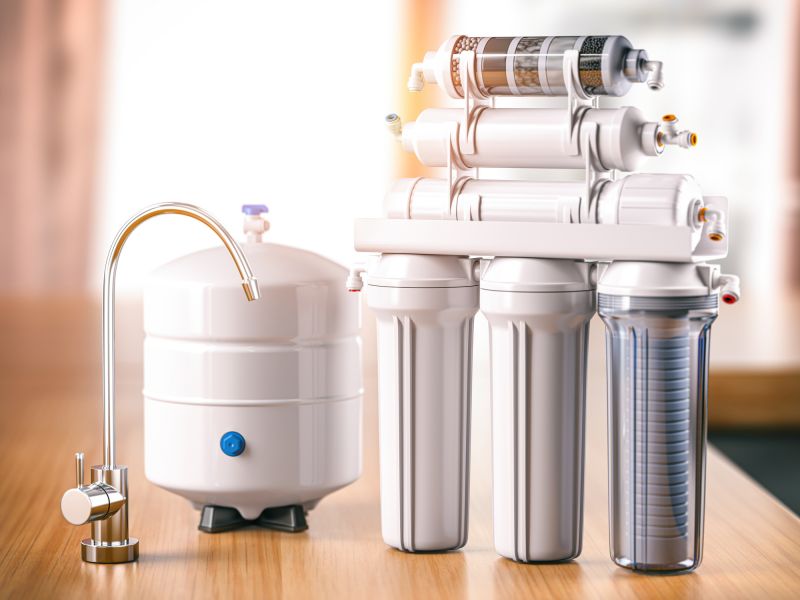
High-efficiency filtration for purified water production.
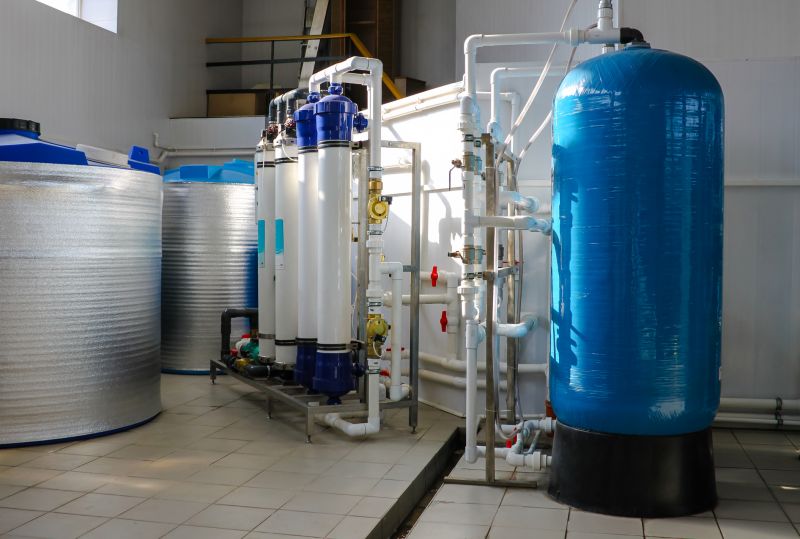
UV or chlorination units for microbial control.
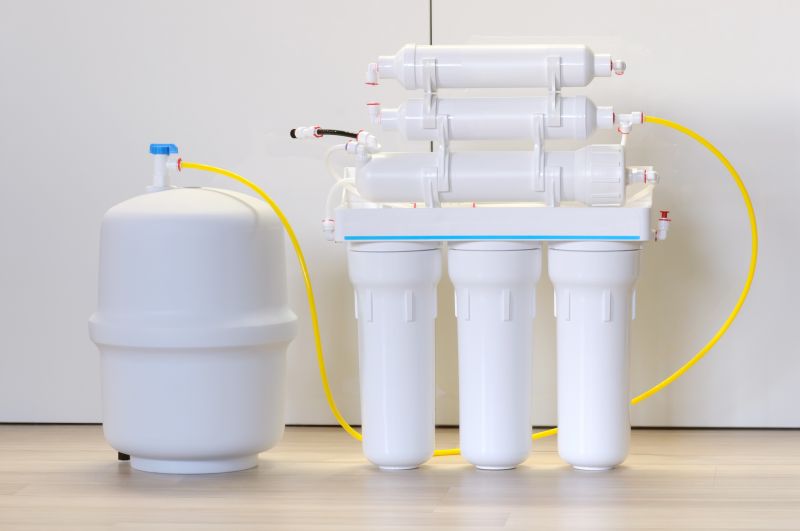
High-end options that actually feel worth it for Water Treatments.
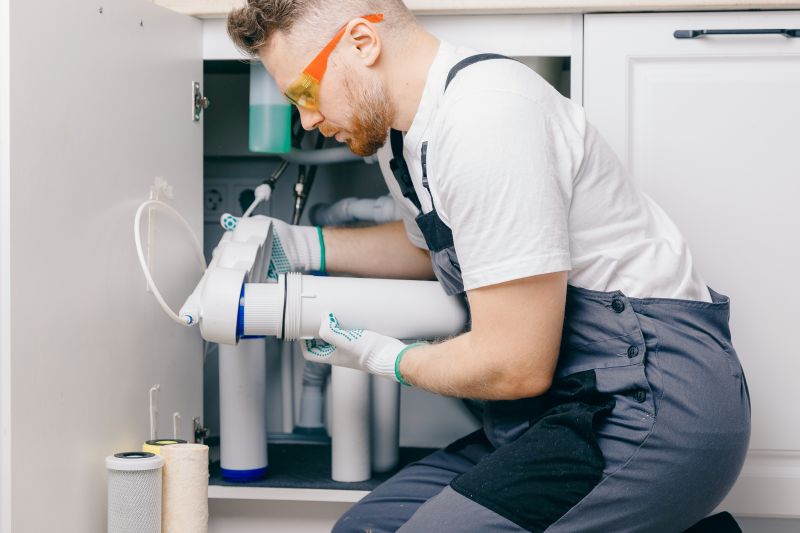
Finishes and colors that play nicely with Water Treatments.
Effective water treatment scheduling plays a crucial role in maintaining water safety and system longevity. Regular assessments and timely interventions help prevent issues such as mineral buildup, microbial contamination, and system corrosion. Consulting with water treatment professionals can optimize timing strategies for specific needs.
Interested in scheduling water treatments? Fill out the contact form to receive tailored recommendations.

